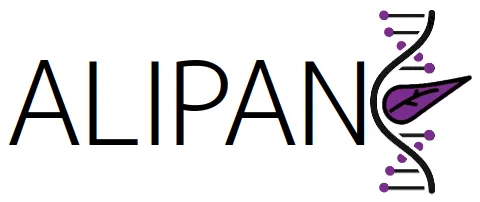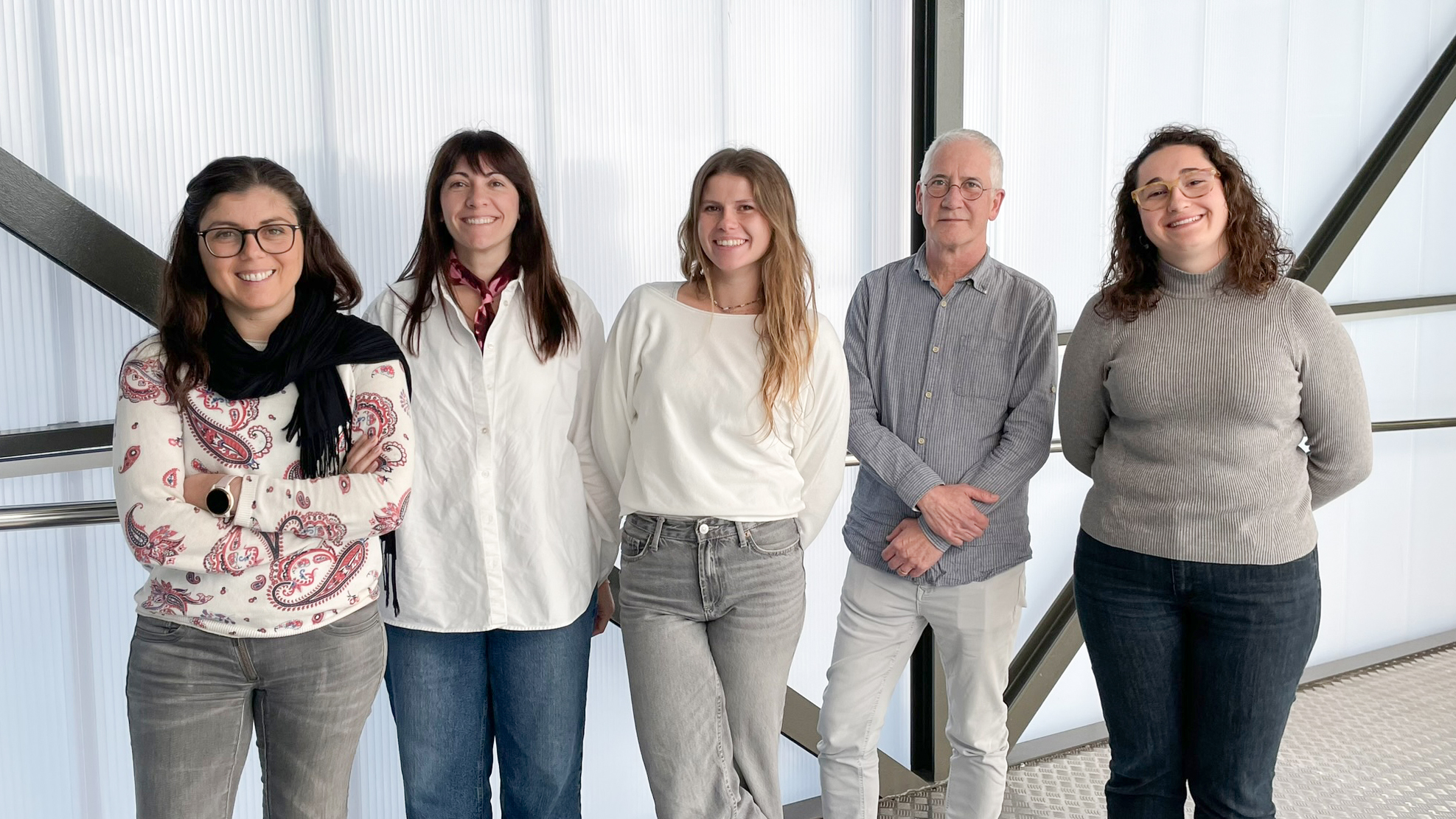Our group at IrsiCaixa focuses on the development of innovative therapeutic strategies against solid tumors, with a particular emphasis on pancreatic cancer. The group integrates immunological, molecular, and translational approaches to design and evaluate cancer vaccines based on virus-like particles (VLPs), aiming to elicit robust and specific anti-tumor immune responses. Central to our approach is a versatile VLP-based vaccine platform, specifically engineered to present tumor-specific neoantigens. Prototype vaccines are then validated in preclinical models, including syngeneic murine models, for its capacity to overcome the immunosuppressive barriers characteristic of pancreatic cancer. We have focused on both private neoantigens and public clinically relevant neoantigens, such as mutant KRAS, which are frequently found in pancreatic tumors and represent promising targets for personalized immunotherapy.
In addition, the group is actively involved in validating tumor-specific neoantigens, optimizing vaccine platforms, and assessing immune correlates of protection in preclinical models. These studies include detailed immunophenotyping, functional assays, and longitudinal monitoring of vaccine-induced responses to evaluate efficacy and durability.
The relevance of this work to ALIPANC lies in its translational potential and alignment with the initiative’s goal of improving therapeutic options for pancreatic cancer patients. By contributing novel immunotherapeutic tools and mechanistic insights, the group supports ALIPANC’s mission to foster collaborative research and accelerate the development of effective treatments. Moreover, our involvement in dissemination activities and doctoral training ensures the sustainability and visibility of pancreatic cancer research within the broader scientific and clinical community.


